External Affairs Minister S Jaishankar on Monday appeared to take a veiled swipe at Western countries, saying that the global energy trade had become “increasingly constricted” and that “principles are applied selectively and what is preached is not necessarily practiced.”
Addressing the 20th East Asia Summit in Kuala Lumpur, Jaishankar said, “Excellencies, we meet in complicated times. There are growing concerns about the reliability of supply chains and access to markets. Technology advancement has become very competitive; the quest for natural resources even more so. Energy trade is increasingly constricted, with resulting market distortions. Principles are applied selectively and what is preached is not necessarily practiced.”
Delivered 🇮🇳’s National Statement at the 20th East Asia Summit in Kuala Lumpur today.
— Dr. S. Jaishankar (@DrSJaishankar) October 27, 2025
Highlighted:
➡️ The growing concerns of supply chain reliability and market access, and the constriction on energy trade.
➡️ World will inevitably respond to new circumstances. Adjustments… pic.twitter.com/HGyVXon28C
However, Jaishankar struck an optimistic note about the world’s capacity to adapt to change.
“But change has a life of its own. And the world will inevitably respond to new circumstances. Adjustments will be made, calculations will come into play, fresh understandings will be forged, new opportunities will emerge and resilient solutions will be devised. At the end of the day, the realities of technology, of competitiveness, of market size, digitisation, connectivity, of talent and of mobility cannot be ignored. Multipolarity is not just here to stay but to grow. All these warrant serious global conversations,” he added.
Impact Shorts
More ShortsJaishankar said that ongoing global conflicts were having far-reaching consequences beyond their immediate regions, affecting food security, energy flows, and trade. He emphasised India’s support for peace efforts and renewed calls for stability and cooperation across regions.
“We are also witnessing conflicts that have significant repercussions, near and far. Deep human suffering apart, they undermine food security, threaten energy flows, and disrupt trade,” Jaishankar said.
“India, therefore, welcomes the Gaza peace plan. We also seek an early end to the conflict in Ukraine,” he added.
Turning to security threats, Jaishankar warned that terrorism continues to pose a “continuous and corrosive” danger to global peace.
“The world must display zero tolerance; there is no room for ambivalence. Our right of defence against terrorism can never be compromised,” he added.
Highlighting India’s engagement with regional mechanisms, Jaishankar reaffirmed New Delhi’s commitment to the East Asia Summit (EAS) framework. He noted that India had recently hosted the EAS Knowledge Exchange Workshop on Energy Efficiency Policies and a Conclave of Higher Educational Institutions, underscoring the country’s contribution to regional cooperation.
“Our commitment to furthering maritime cooperation remains strong, in line with the ASEAN Outlook on the Indo-Pacific and our shared commitment to the 1982 UNCLOS,” he said, announcing that 2026 will be observed as the ASEAN–India Year of Maritime Cooperation.
He also said that more countries had joined the Indo-Pacific Oceans Initiative, an Indian-led effort to promote sustainable and secure maritime practices.
Jaishankar proposed hosting an EAS Maritime Heritage Festival at the ancient port of Lothal in Gujarat, and announced plans to organise the 7th EAS Conference on Maritime Security Cooperation in India.
On the situation in Myanmar, Jaishankar recalled that India acted as a “first responder” during the March earthquake, and reaffirmed India’s commitment to the India–Myanmar–Thailand Trilateral Highway project, which he said “continues to progress.”
He also voiced concern about the spread of cyber scam centres in the region that have victimised citizens of several countries, including India.
“India values the EAS’ contribution to peace, progress, and prosperity,” Jaishankar said, expressing hope that the summit would yield “positive outcomes” for the region’s stability and shared development.
With inputs from agencies


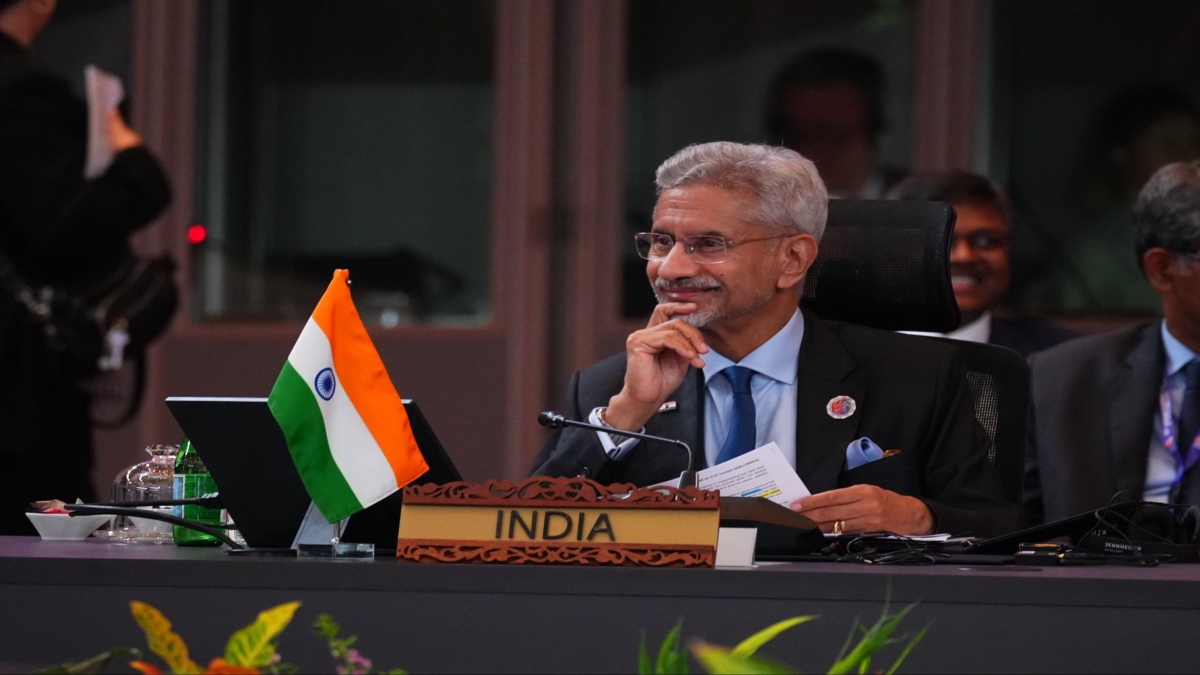)
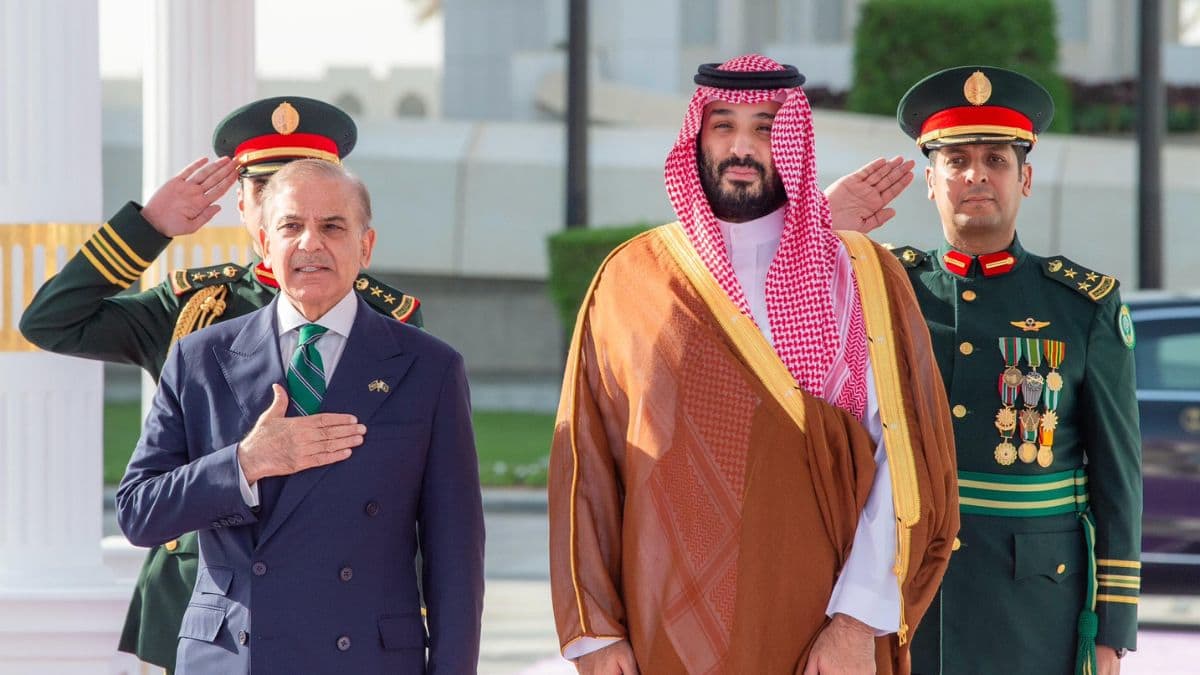
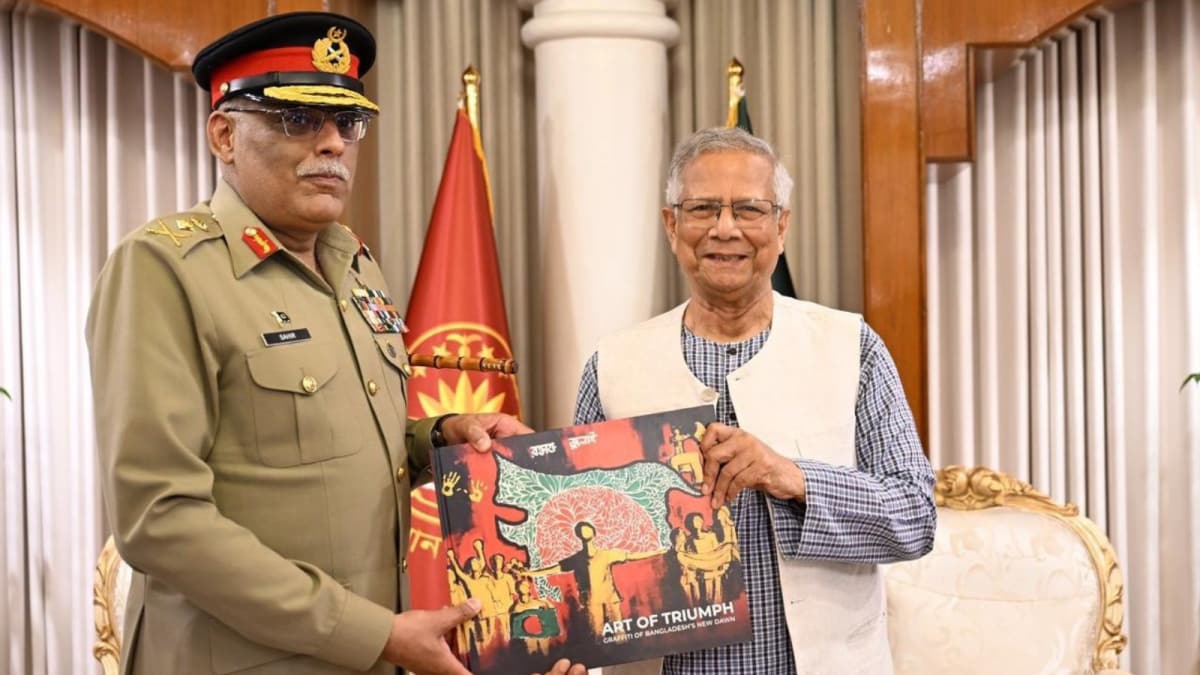)
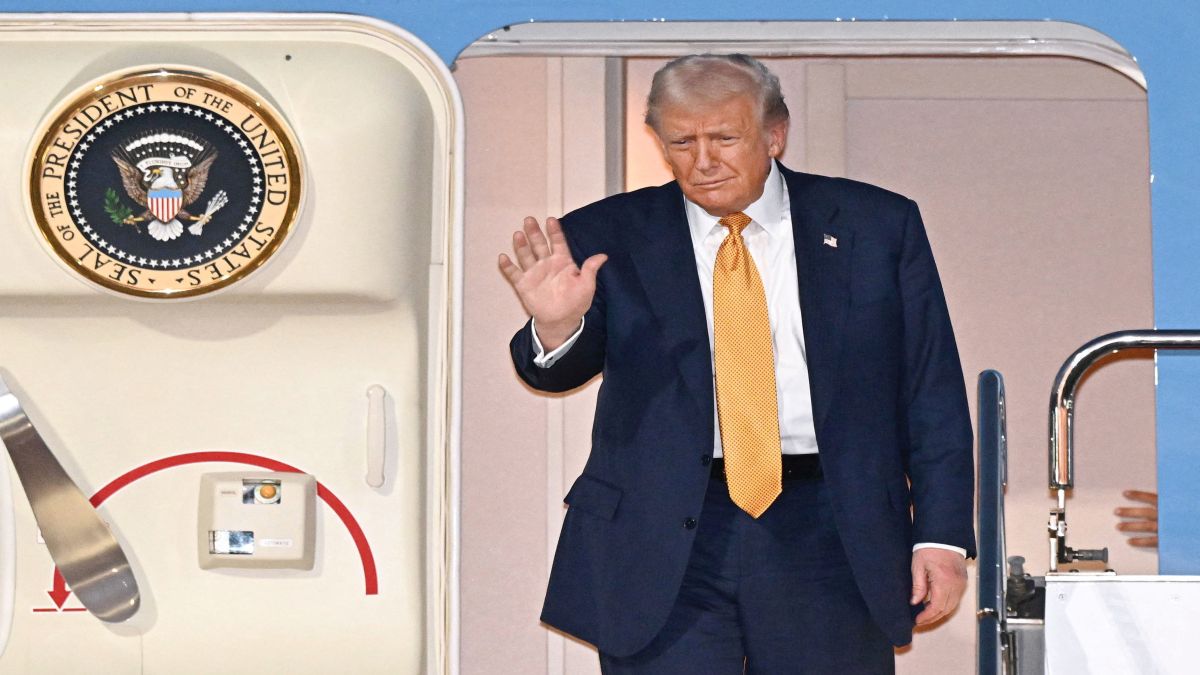)
)
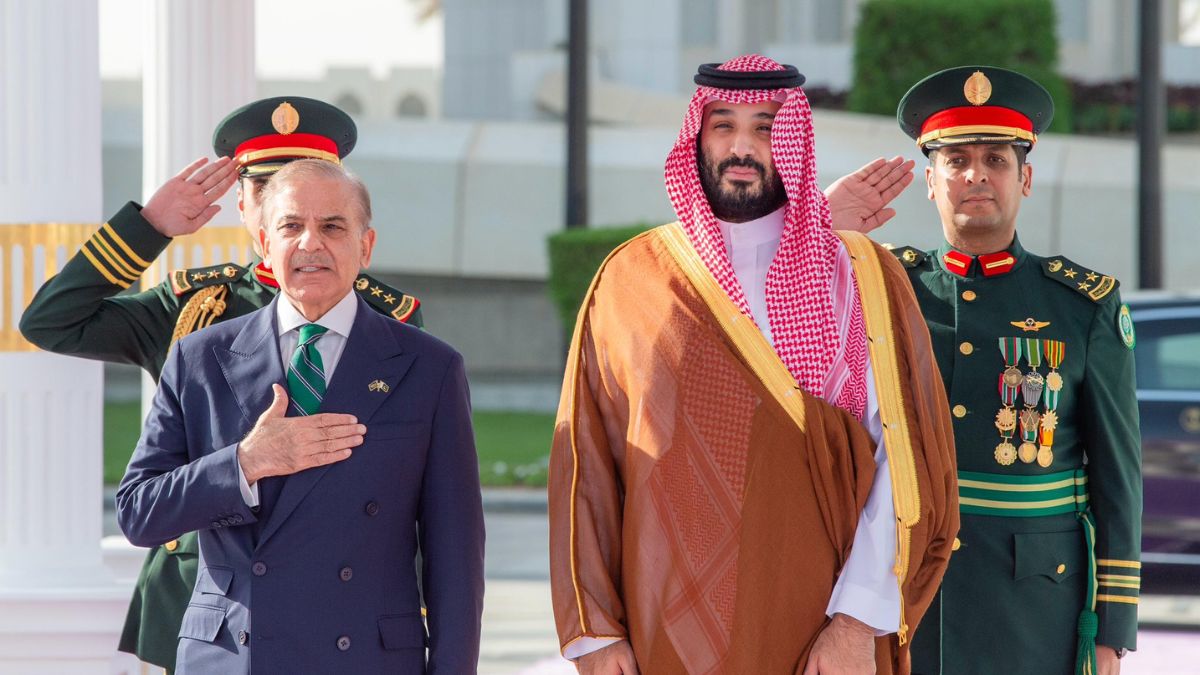)
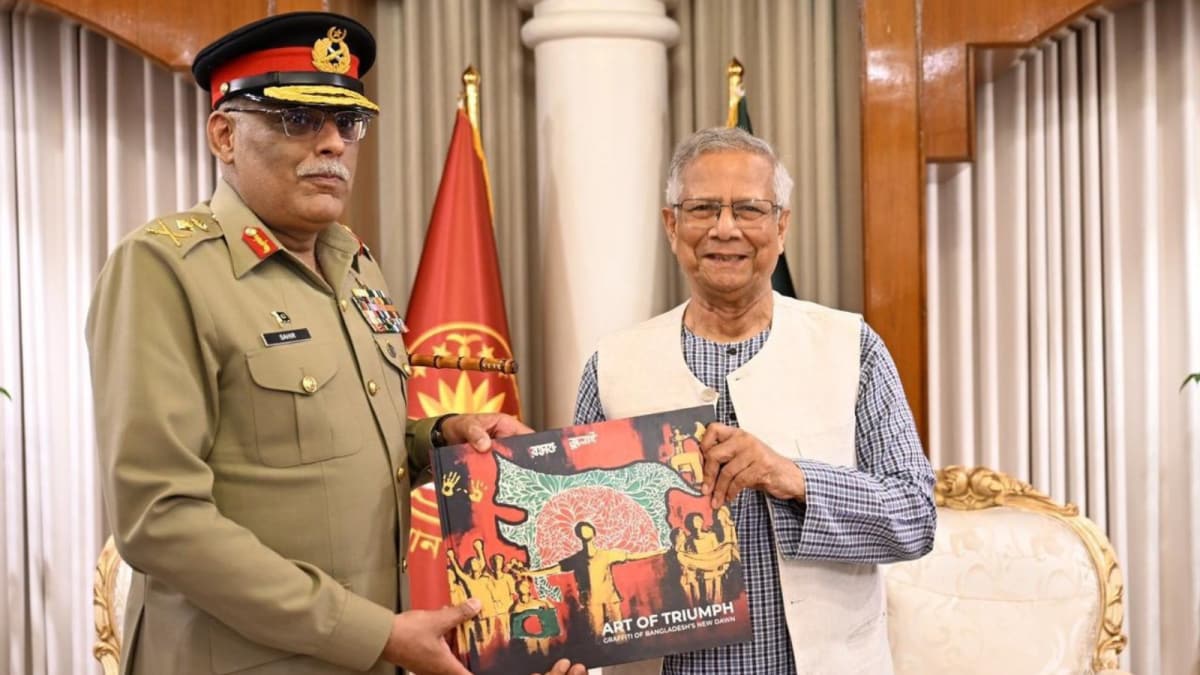)
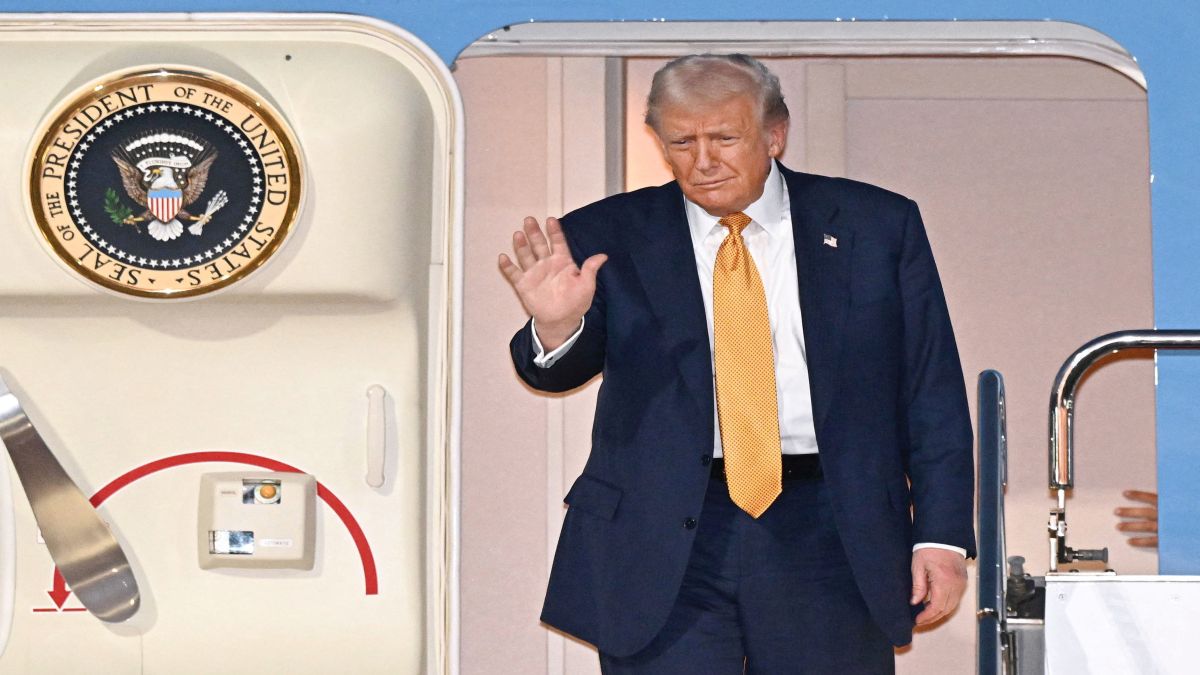)
)
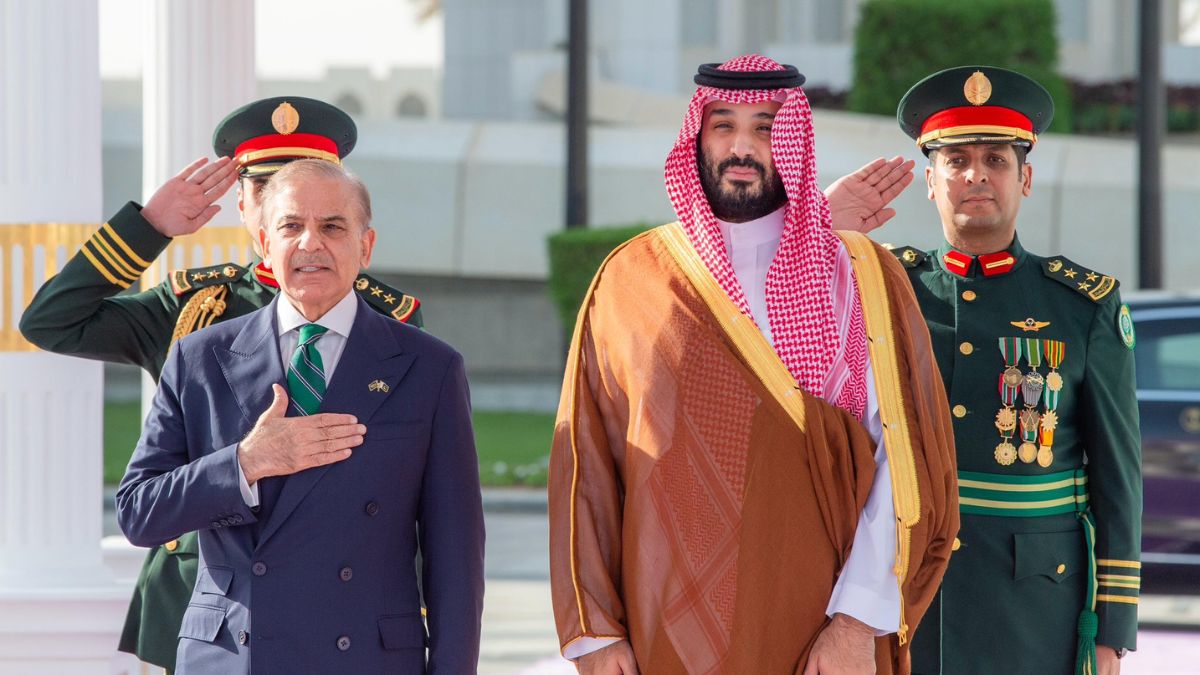)



